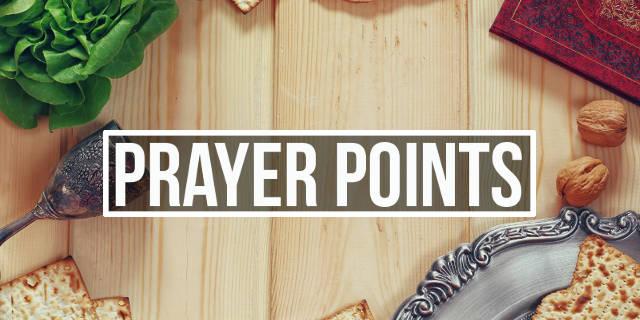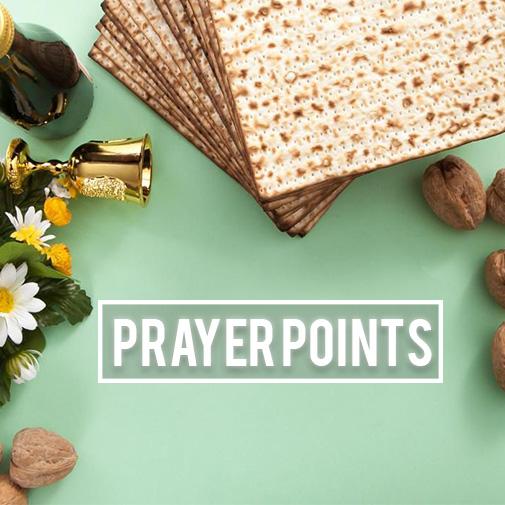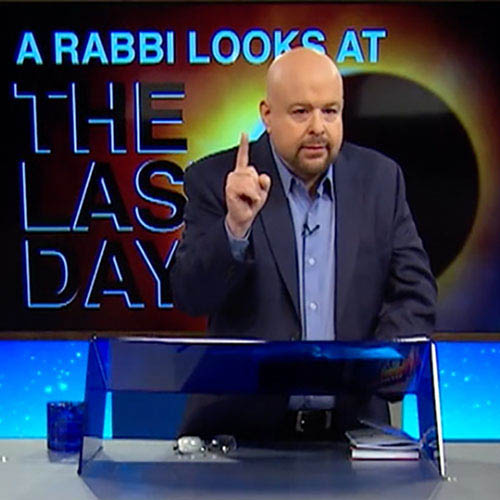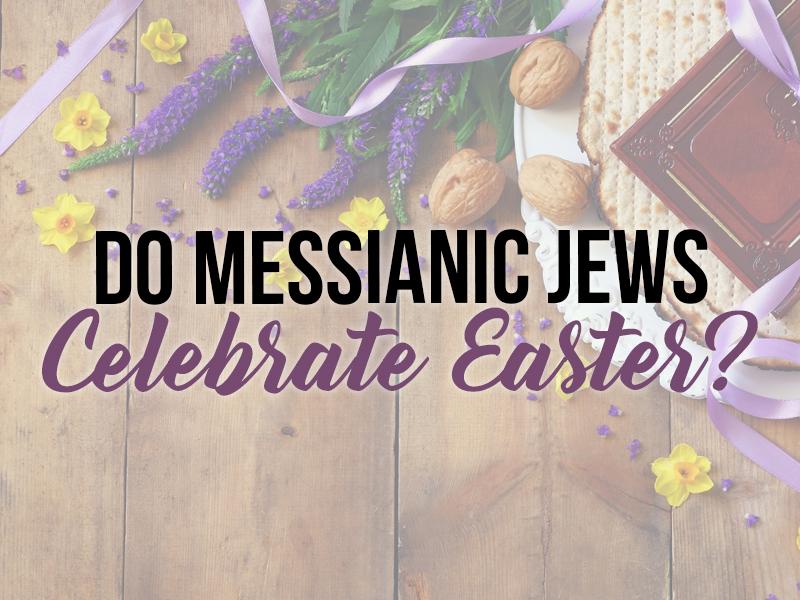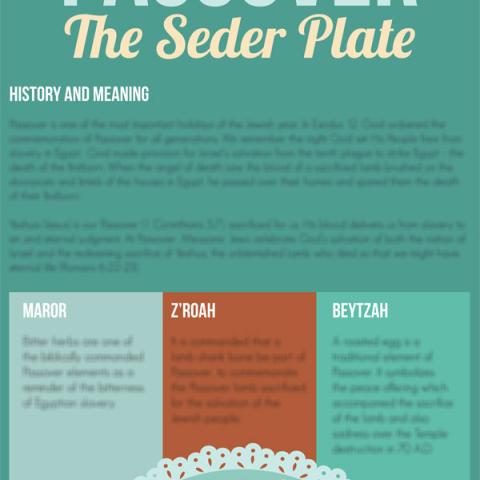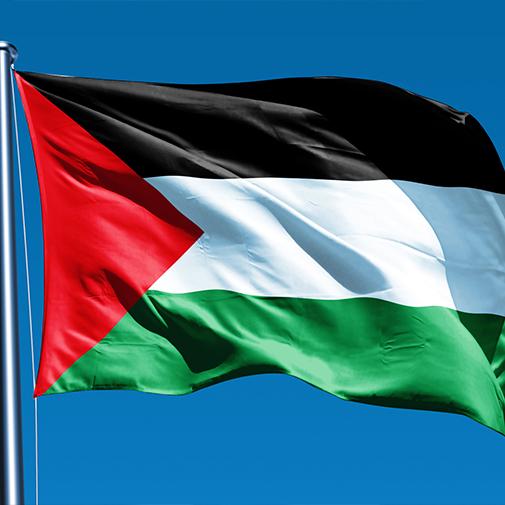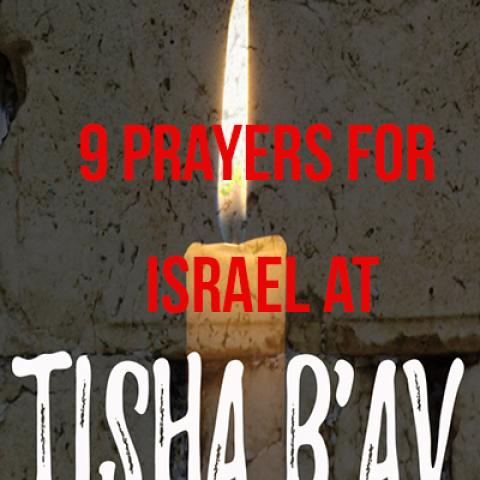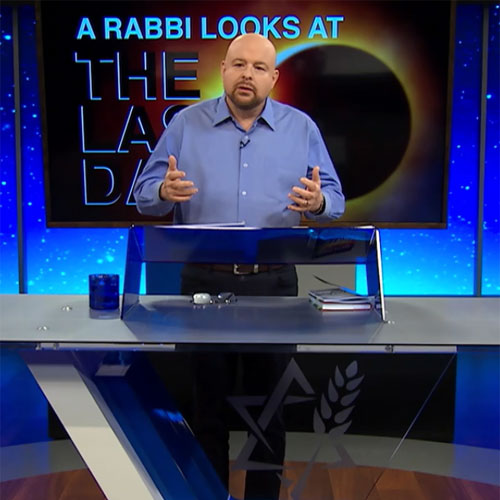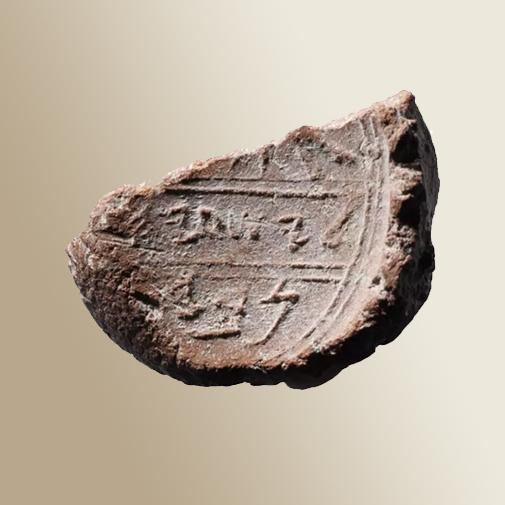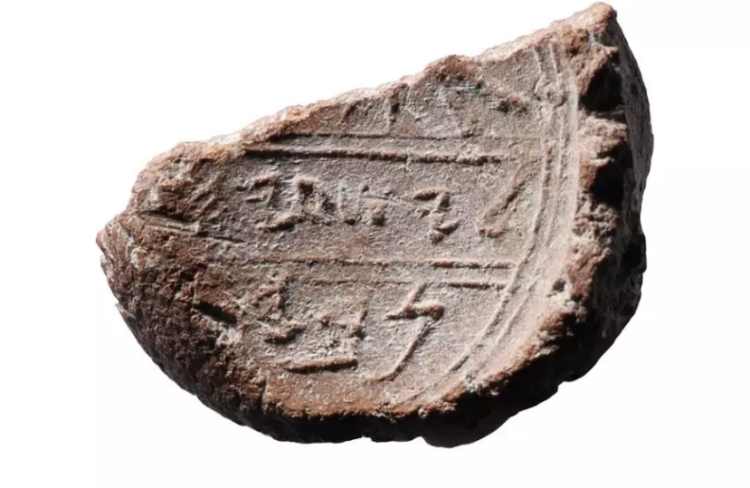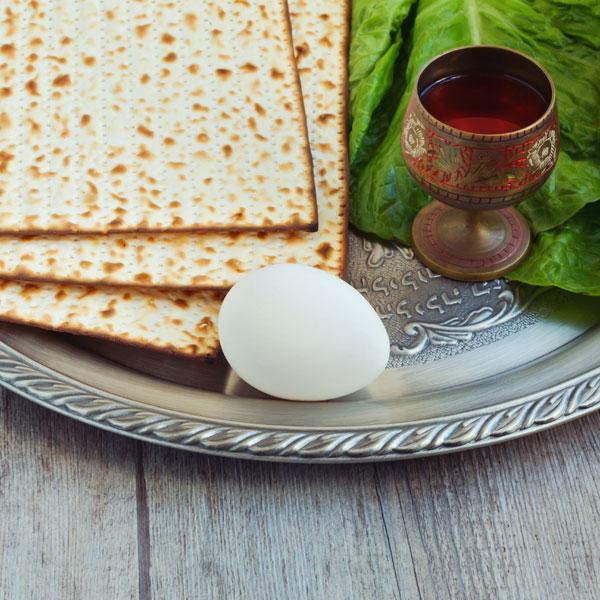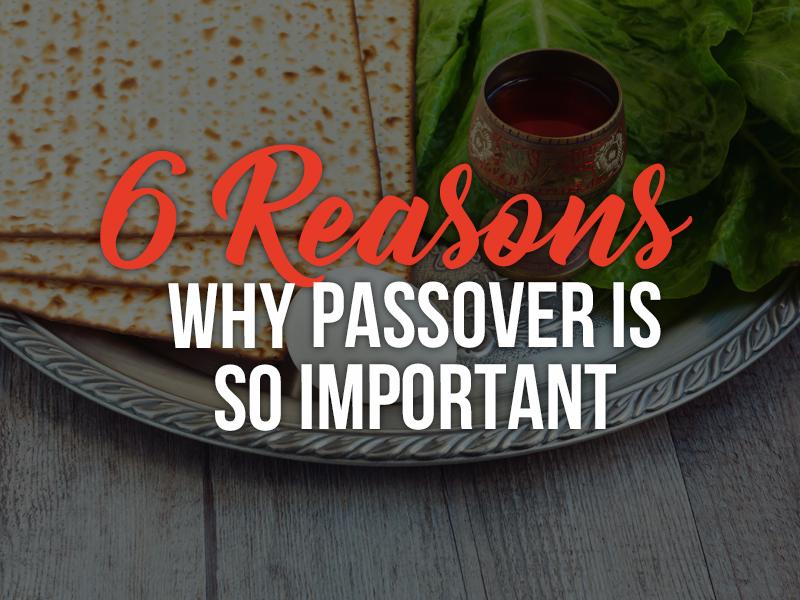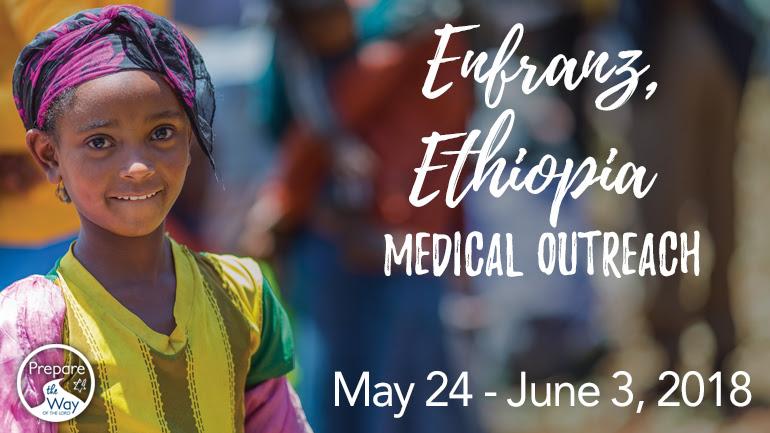Meanwhile, Israel had offered citizenship to the Palestinian Arabs living in the region. Roughly 160,000 Arabs accepted. But when Arab nations launched their assault on the hours-old nation of Israel, 700,000 Palestinians left and became refugees. Some departed because of the war, but others were told by the Arab nations to leave the region. The plan was to quickly destroy the new Jewish State and then all the Palestinian refugees could return to their homes. But that victory never came, and Israel stands today.
Instead of absorbing the Palestinians as citizens, these Arab nations received them into refugee camps and enacted laws that continue to:
-
Deny Palestinian refugees citizenship (except for Jordan)
-
Bar them from entering many professions
-
Restrict their land ownership and free movement, and
-
Deny them education and health services
While more than 1.6 million Arabs enjoy full citizenship and equal rights in Israel today, Palestinians living as refugees in Arab nations have endured decades of poverty. Sir Alexander Galloway, former UNWRA director in Jordan, wrote plainly on the matter in 1952. He said, “The Arab nations do not want to solve the Arab refugee problem. They want to keep it an open sore … as a weapon against Israel” (The Truth about the Refugees).
This remains true 70 years after statehood was established. Palestinian refugees could be citizens of Arab nations or Israel today if not for the overriding goal of destroying the Jewish State.
But who exactly is a Palestinian refugee? The United Nations defines them differently than any other refugee on earth.
UNRWA and the UNHCR
In 1949, the U.N. created UNWRA, the United Nations Relief and Works Agency for Palestine Refugees in the Near East. A year later came the UNHRC, the United Nations High Commissioner for Refugees, to address the needs of all other refugees in the world. The two agencies have remained separate with distinct definitions and guidelines. For instance:
-
THE UNHCR helps worldwide refugees return to their home nation if that’s possible. UNWRA does not assist Palestinians in this way.
-
When it’s not possible for refugees to return home, the UNHCR encourages them to resettle in other countries. UNWRA does not encourage Palestinian refugees to do so.
-
According to the UNHRC, a person loses refugee status when he or she becomes a citizen of another country. Palestinian refugees, according to UNWRA rules, retain their refugee status even after receiving citizenship and assimilating into another nation.
-
Under the UNHRC, refugee status does not extend to future generations – over time, decreasing the population of those considered refugees. According to UNWRA, Palestinian refugee status transfers to children of the original refugees – and all future generations. It is a definition exclusive to the Palestinians, making them the only refugee status that is inherited, and the only refugee population that is increasing.
As long as someone is a descendant of at least one original Palestinian refugee, he or she is considered a refugee even if born and raised in another country. Daniel Pomerantz, Senior Editor of Honest Reporting, points out that, under this definition, even the famous and wealthy fashion model Gigi Hadid, who was born and raised in L.A., is a “refugee.”
How many Palestinian refugees are there?
Using the UNWRA definition, there is a shocking number – 5 million Palestinian refugees in the world today. However, a report conducted in 2012 by the United States Senate reveals that, if the same definitions used by international law and the UNHRC are applied, there are only 30,000 actual Palestinian refugees (Honest Reporting).
To be sure, those true refugees living in Arab nations suffer under the oppressive laws designed to perpetuate blame against Israel. Today, the hatred remains alive among Arab countries and especially among the Palestinians who continue to incite violence against Israelis.
Despite this, a survey conducted in September 2017 reveals that 63% of Arab citizens in Israel today acknowledge it is a positive place to live. Many also responded favorably saying that the country provides a strong sense of personal freedom and stability (Jerusalem Post).
Palestinian Refugees and Israel Today
When President Trump advised the U.N. that he would reduce funds to UNWRA, news reports circulated that Israeli Prime Minister Netanyahu quietly tried to persuade him to reconsider. The U.S. cited legitimate reasons for withholding funding, including that the Palestinians continue to obstruct peace efforts while funding terror with foreign aid.
Some reports have indicated that Netanyahu encouraged Trump to transfer the funds from UNWRA to the UNHCR. Why?
In 1974, the Israeli Supreme Court declared that – whether or not it agrees with the accusation that Israel is an “occupation" – the Jewish State must follow international laws related to occupation. That means Israel is obligated to provide Palestinians with such things as welfare, education, health, transportation and more. Currently, these are subsidized by foreign aid and international relief organizations like UNWRA. If this aid were to dry up today, Israel would bear the full obligation.
It’s a difficult and complex matter. But the next time you hear the staggering 5 million figure applied to Palestinian refugees, you’ll know it also includes full-fledged citizens of other countries who may have never set foot in the Middle East. When next you hear about the Palestinian refugee “problem,” you will know that the issue is real for approximately 30,000 people who need our prayers.
And you’ll know that the matter could have been resolved seven decades ago, if only the refugees had been met with open arms rather than a ploy to use them to spread hatred even now toward Israel today..
